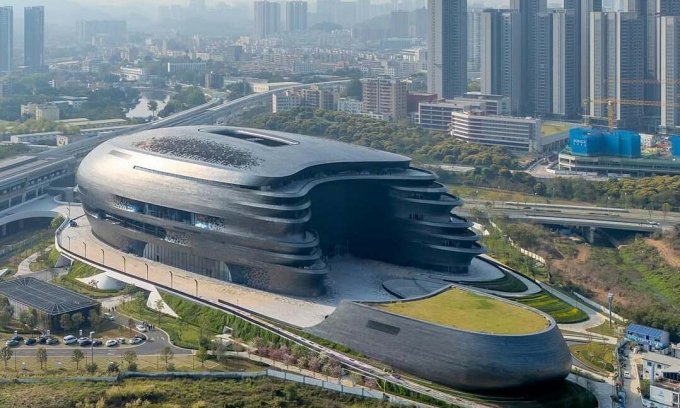The cluster, comprising the three cities, held second place for five years before surpassing Tokyo-Yokohama, according to the index published by WIPO on Monday, CGTN reported.
The ranking evaluates concentrations of world-class innovation activity based on international patent filings under WIPO’s Patent Cooperation Treaty, scientific publications, and, newly added this year, venture capital deals.
The new metric helped propel Shenzhen-Hong Kong-Guangzhou to first place, pushing Tokyo-Yokohama to second. San Jose-San Francisco ranked third, followed by Beijing at fourth and Seoul at fifth.
A spokesperson for Hong Kong’s government told CGTN the recognition reflected the international standing of the Guangdong-Hong Kong-Macao Greater Bay Area’s innovative capacity. The spokesperson added that Hong Kong would continue to collaborate with sister cities in the region to advance innovation and technology development.
Chen Jiachang, vice minister of China’s Ministry of Science and Technology, said Hong Kong’s world-class research institutions, international talent pool, and robust intellectual property system make it a key hub in the global innovation network.
 |
|
Shenzhen Science & Technology Museum in Guangming District, Shenzhen, China. Photo from Instagram |
The Global Innovation Index rankings are considered a trusted benchmark of innovation, giving policymakers, investors, and researchers insight into regional strengths and opportunities for collaboration, according to The Straits Times.
The world’s top 100 innovation clusters span 33 economies. China led the ranking for the third consecutive year with 24 clusters, followed by the U.S. with 22.
London and India’s hubs in Bengaluru, Delhi, and Mumbai improved in the ranking compared with 2024, reflecting stronger venture capital activity, while many European Union clusters slipped due to weaker VC markets.
Singapore advanced from 33rd in 2024 to 16th in 2025, entering the global top 20 for the first time. Its top collaborating location was the Shenzhen-Hong Kong-Guangzhou cluster.
Dr Zhou Lihan, CEO of Singapore’s Hong Kong-listed biotech start-up Mirxes, noted that Singapore’s strong research base and growing venture capital ecosystem had driven its rise in the rankings. He said both Singapore and the Shenzhen-Hong Kong-Guangzhou clusters could sustain their momentum by following the principles of open, borderless innovation and international collaboration.

